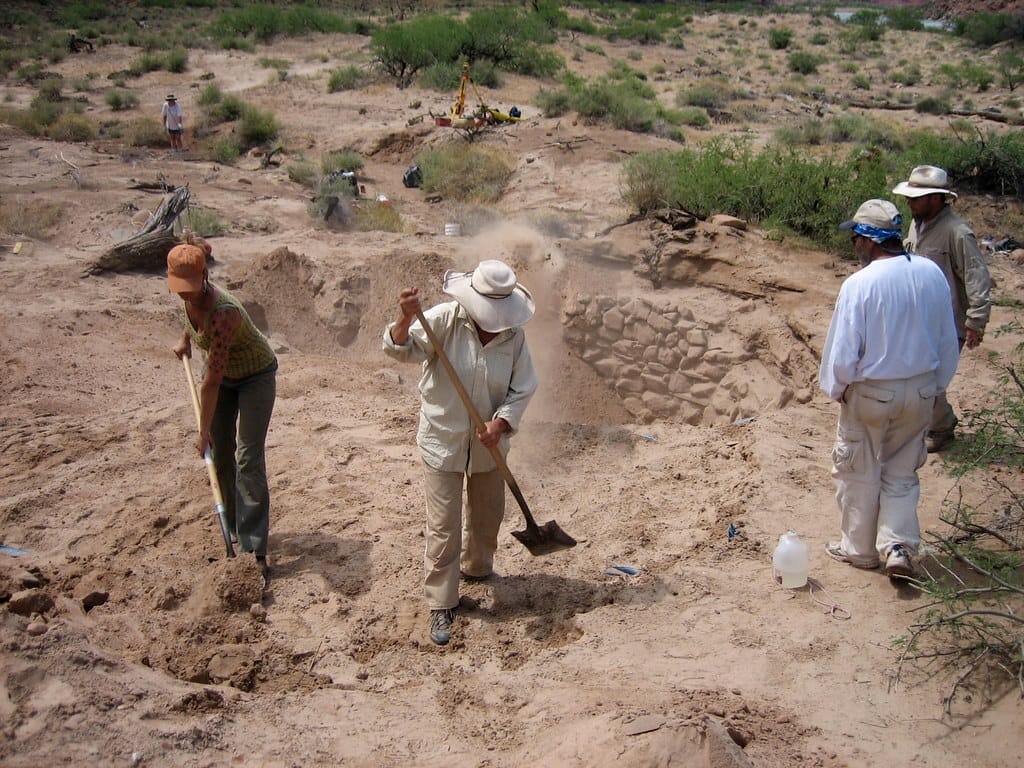Romanian Constitutional Court Upholds Presidential Election

Romania’s highest court has officially dismissed a legal challenge that sought to annul the results of the country’s presidential election held on May 18. The challenge, filed by opposition parties, was deemed unfounded by the court. This ruling confirms the re-election of the current president, ensuring continuity in Romania’s political leadership. The court’s decision has been welcomed by government supporters but criticized by opposition groups, who allege irregularities during the voting process. The outcome may have implications for the country’s internal political dynamics and its relations within the European Union.
North Korean Leader Condemns Warship Accident

North Korean leader Kim Jong Un has issued a rare public condemnation of a recent warship accident that occurred during a ceremonial launch. Labeling the incident a “serious accident” and a “criminal act,” Kim expressed strong displeasure and warned that those responsible would face severe consequences. This unusually harsh rhetoric suggests internal dissatisfaction with the state of military discipline or competence. The accident, though details remain unclear, marks a potential setback for North Korea’s naval ambitions and hints at possible internal unrest or restructuring within its armed forces.
Shooting Near Israeli Embassy in Washington, D.C.

A tragic shooting near a Jewish museum close to the Israeli embassy in Washington, D.C., has resulted in the deaths of two Israeli staff members. According to eyewitness reports, the attacker was shouting pro-Palestinian slogans during the assault. The incident has reignited global concerns over rising anti-Semitic violence and the broader implications of Middle East tensions being reflected in diaspora communities. Israeli and U.S. authorities have condemned the act as a targeted hate crime and pledged thorough investigations to bring justice to the victims.
Archaeological Discoveries; Significant Archaeological Finds Unveiled

Recent archaeological efforts have led to remarkable discoveries:
• A previously unknown version of the Magna Carta, dating back to 1300, was found at Harvard University, offering new insights into medieval legal history. 
• In Syria, a Roman-era mosaic panel depicting the goddess Tyche was uncovered in Homs, shedding light on ancient artistic expressions.
The Weight of Ashes
(A tale passed down from the mountain folk)

High above the plains, where clouds rested on the shoulders of the cliffs, there was a village where people lived by one rule: “Burn only what you’re ready to forget.”
In the center of the village stood a great stone hearth, where villagers brought old belongings, worn-out journals, broken tools, and things too heavy for the heart to carry. Each year, during the Winter Quiet—when snow blanketed the earth in silence—villagers gathered to burn what no longer served them.
But there was one man, Eiran the blacksmith, who never came.
Eiran was known for his strength, his quiet nature, and the weight in his eyes. He was respected, not just for his skill, but for the solitude he carried like a second skin. Whispers followed him like smoke. Some said he held onto a grief too deep. Others claimed he simply didn’t believe in forgetting.
One year, the winter came harsher than ever. The hearth cracked under the cold. The villagers, shaken, asked the Elders what it meant. The oldest among them, a woman with a voice like pine needles, said: “There is something too heavy that has never been let go. The fire can no longer bear it.”
The next morning, Eiran stood before the hearth. In his hands, a small wooden box, wrapped in worn cloth and bound with a simple rope. No one dared speak.
He placed the box in the center of the fire. The flames hesitated—then roared. The wind rose, snow swirled, and the villagers stepped back. The fire danced higher than it ever had, wild and brilliant, then settled into a low, warm glow.
Only then did Eiran speak.
“I kept something that should’ve been given to the fire years ago. My father’s silence. His temper. His way of loving with fear instead of warmth. I carried it, then passed it to my own sons without knowing. I worked iron into swords and locks, but never unshaped the things that hardened me.”
The villagers stood in stillness, not with judgment, but with understanding. Because everyone, in some way, carries something that doesn’t belong to them. Some things are inherited, others clung to out of habit. But either way, they burn the same.
From that year on, the tradition changed. The fire was no longer just for old things—it became a place for truths too long buried. People burned guilt, silence, expectations. And in doing so, they made space—for healing, for softness, for stories to be told without shame.
Eiran continued to work iron. But his tools felt lighter. His sons spoke more freely. And every winter, he was the first to arrive at the hearth.
Because sometimes, the hardest thing to let go of is not a thing at all—but the story we told ourselves about who we had to be.
Daily Inspiration
You cannot swim for new horizons until you have courage to lose sight of the shore.
-William Faulkner
Happy Reading !!!
